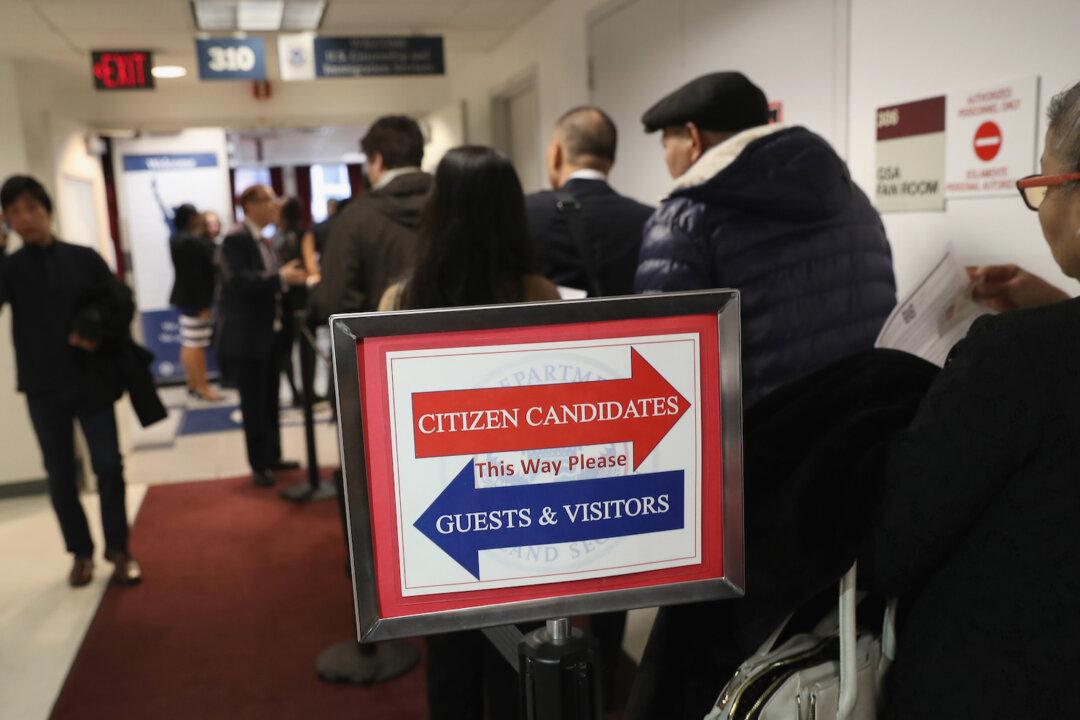A federal appeals court on Tuesday upheld a block on a rule that makes it easier for the Trump administration to deny legal status to immigrants who receive public assistance, but limited the scope to three states.
A three-judge panel of the U.S. Court of Appeals for the Second Circuit in a 110-page ruling affirmed a lower court’s ruling in October 2019 to grant preliminary injunctions to block the “public charge” immigration rule from being implemented. However, the appeals court scaled back the scope of the nationwide injunction to only three states in its jurisdiction—New York, Connecticut, and Vermont.




